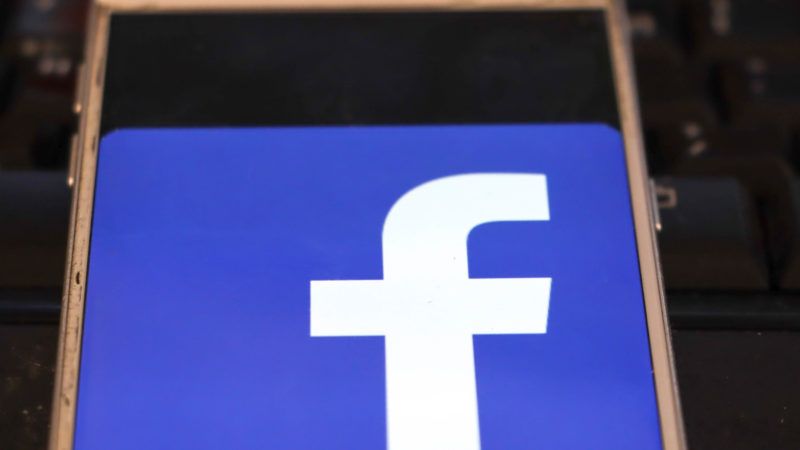Supreme Court Won't Hear Suit Saying Facebook Helped With Hamas Attack
Hamas "used and relied on" Facebook "as among its most important tools to facilitate and carry out its terrorist activity," the plaintiffs claimed.

The U.S. Supreme Court said no thanks this week to a case involving allegations that Facebook provided material support to terrorists.
Filed in 2016 by the families of four people killed and one person injured in an attack carried out by Hamas in Israel, the lawsuit claimed that Hamas "used and relied on Facebook's online social network platform and communications services as among its most important tools to facilitate and carry out its terrorist activity."
The case, Force v. Facebook, is one of many seeking to hold the social media company accountable for terrorist acts. Such lawsuits turn on claims that by allowing people to post and read certain sorts of content, to meet and interact with people who may radicalize them, or to communicate privately about terrorist plans, Facebook is guilty of knowingly providing material support to terrorists.
Similar suits have been filed against Twitter and YouTube. And judges have routinely granted tech companies' motions to dismiss these suits, generally based on the fact that federal law prohibits lawsuits of this kind.
That's thanks to a federal statute known as Section 230, which says that "no provider or user of an interactive computer service shall be treated as the publisher or speaker of any information provided by another information content provider." What this means for Facebook and Twitter posts and their ilk is that legal liability usually lies with the people posting the content, not with the companies that host the user-generated speech.
The Supreme Court declining to hear Force v. Facebook is good news for supporters of Section 230, internet freedom, and the First Amendment. The Court's inaction leaves untouched a July 2019 decision from the U.S. Court of Appeals for the 2nd Circuit.
"The Second Circuit ruled emphatically for Facebook in one of the multitudinous lawsuits alleging that it provided material support to terrorists," explained law professor and Section 230 expert Eric Goldman in a blog post. "The majority relied exclusively on Section 230, in the process absolutely destroying some of the commonly-advanced arguments seeking to eviscerate Section 230. The result is a powerful win for Facebook and for Section 230. It should end any remaining hope for lawsuits against social media providers for materially supporting terrorists."
Despite the emotional tug of cases like these, it's important to limit legal culpability to those who actually carried out or directly assisted with the violent acts—not to branch out at whatever communication mediums those criminals happened to use. That's because when it comes to tragic acts like the ones invoked by the families in this case, it's tempting for not just the loved ones of those lost but also far-removed politicians to lash out at internet intermediaries. That's where things get really dangerous. In these tragedies, opportunistic legislators see opportunities to weaken encrypted communication, increase government snooping authority, and exert more control over online platforms broadly.


Show Comments (102)